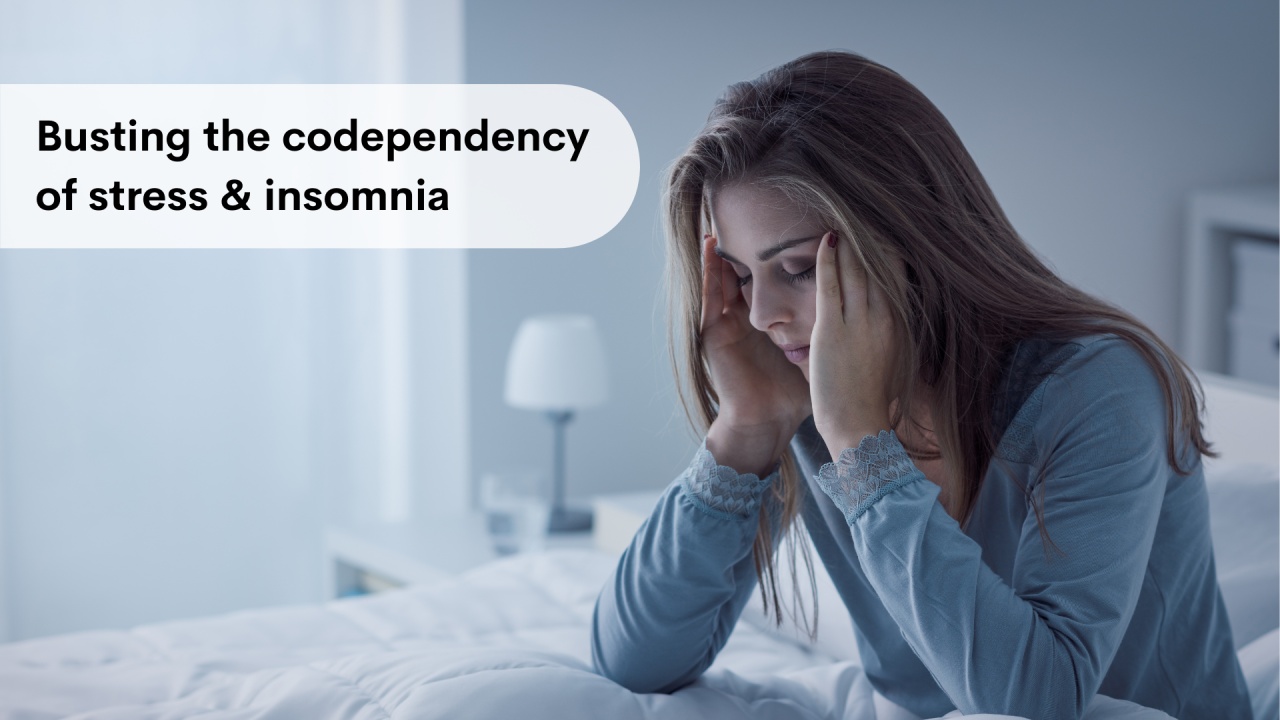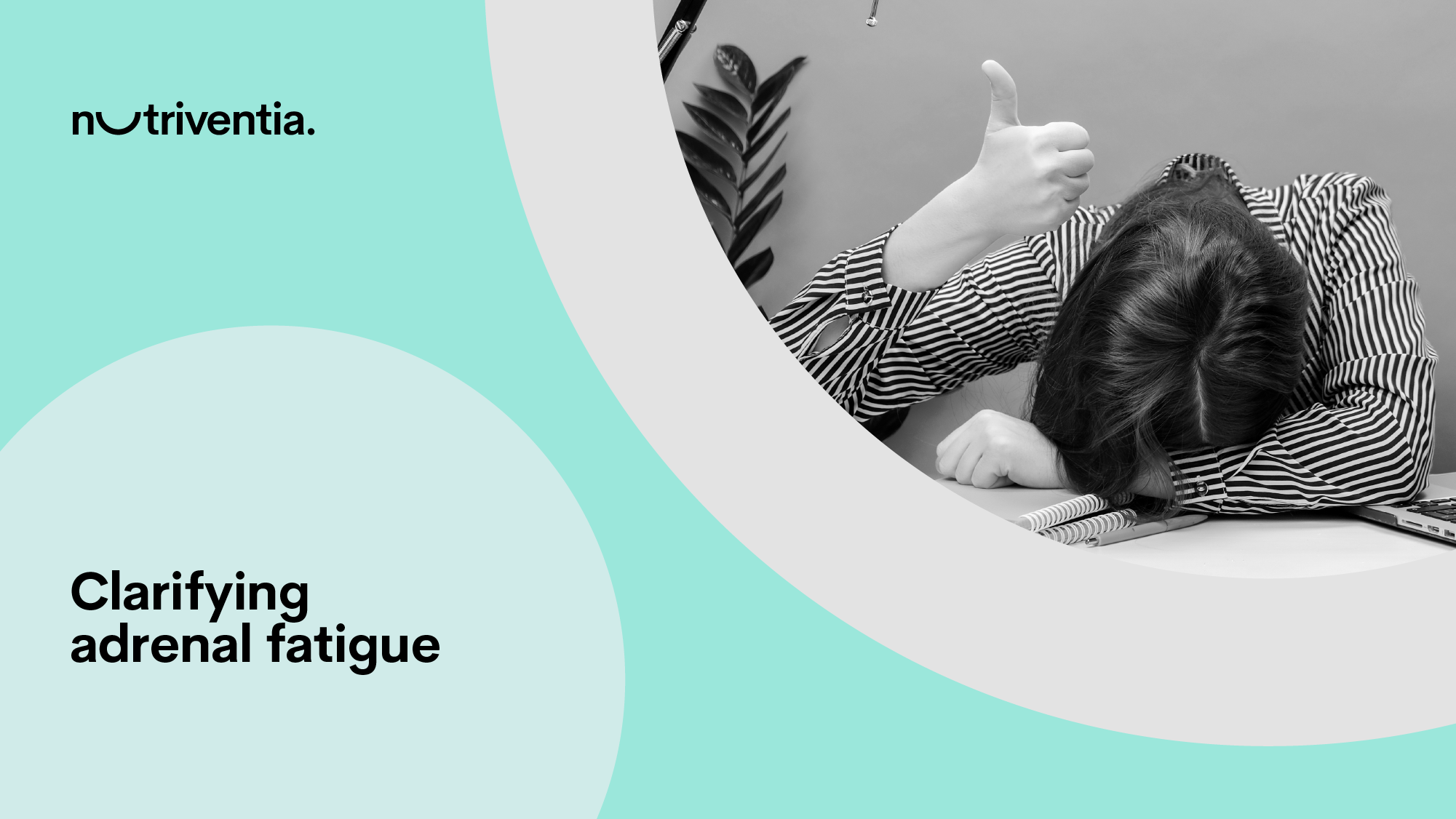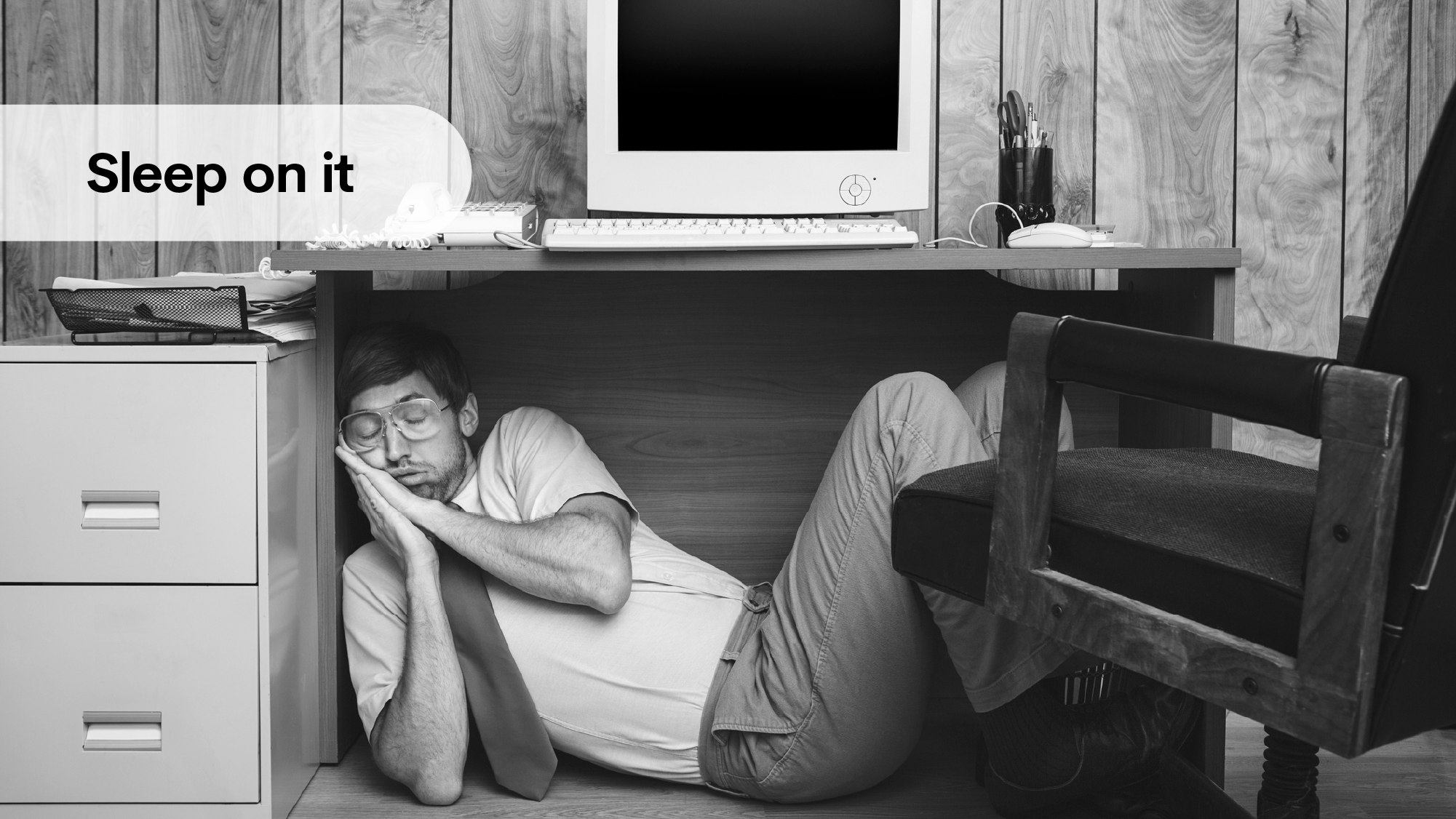This is a year when we are constantly barraged by polls, but one stands out that seems to be unbiased: Gallup’s new poll reveals how widespread the dual issues of insomnia and stress really are.
According to the research firm, for the first time since 2001, the majority of US adults 57% responded that they would feel better if they were able to get more sleep, while 42% felt they slept well enough. This is noteworthy because the figures represent a turnabout since the last time the poll was taken in 2013 when 56% of respondents said they got the sleep they needed and 43% did not.
In 2013, 14% of Americans reported they obtained 5 hours or fewer per night, compared to 20% in 2023. An interesting point of contrast noted by Gallup is that in 1942, 59% of Americans slept soundly for 8 hours or more, and in 2023, 26% got that much sleep.
According to Gallup, women have been consistently less likely than men to report getting enough sleep. The latest poll finds 36% of women versus 48% of men saying they regularly achieve adequate sleep. What’s somewhat worrisome is that this represents significant declines from previous findings in 2013 and 2004; the 2023 numbers are the lowest Gallup has measured for sleep insufficiency in each group to date.
Younger women aged 18 to 49 are not sleeping well: only 27% say they achieve adequate sleep; this contrasts with 42% in this group who reported sleeping well in 2013. All other age and gender groups also declined in sleep sufficiency in the past decade.
And it’s not just loss of sleep hours and quality, stress is intertwined in a bilateral relationship – in 2023, 63% of respondents who asserted they want more sleep also said they frequently experience stress, compared to 31% of those who said they get the sleep they need who experience stress. Here too, women aged 18 to 49 are the most stressed out – at 69%, compared to 40% of women 50 and older, and 55% of men their age.
Our industry can’t reduce what is stressing people out and robbing them of sleep, but we can help provide them with the tools to help cope.
At Nutriventia, our natural solutions are consumer-centric, keeping in mind the desire for convenience and all-day efficacy. Our two tools – Melotime™ and Prolanza™ – help improve sleep and reduce the body’s reaction to stress, effectively splitting the co-dependent relationship between sleep and stress.
Those turning to supplements to address their sleep issues tend to consume melatonin.
Our Melotime™ is shown to help promote eight hours of sound sleep. Its unique release profile helps you fall and stay asleep, and awaken naturally and alert. Melotime is released systematically during 8 hours of sleep, releasing the first 50% of the dose in the first hour and then the subsequent dosage is released at each 1 hour thereafter. This unique release profile ensures that the right dose of melatonin is achieved without the morning sluggishness.
Another aspect of poor sleep that people deal with is slow cognitive function the next day. Melotime may improve certain aspects of cognitive functioning because of its ability to induce better sleep.
Stress itself won’t magically disappear, so the goal is to help support the body’s ability to better withstand it. Ashwagandha is a powerful long-term stress-management supplement.
Prolanza™, a root-only ashwagandha ingredient, contains a high concentration (4-5%) of 10 USP withanolides and 10 additionally identified withanolides, all of which work together synergistically to produce the clinically demonstrated health benefits of ashwagandha. This broad spectrum of bioactives is a key component of Prolanza™’s market distinction.
Prolanza has been shown to provide long-acting biological action and high bioavailability with just a single daily dose of 300mg.



